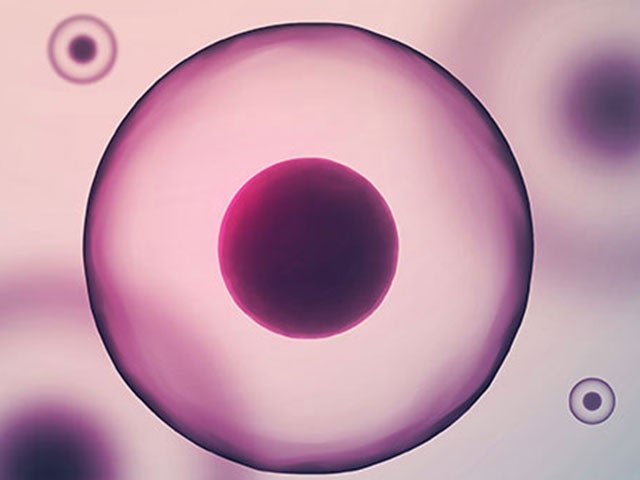2025 Summer Session C
8 weeks, June 23 - August 15
#12191
BIOLOGY 1A
107 -
DIS
107
offered through
Molecular and Cell Biology
General Biology Lecture
Jun 23, 2025 - Aug 15, 2025
Mo, We
11:00 am - 11:59 am
Physics Building 3
Class #:12191
Units:3
Instruction Mode: In-Person Instruction
Open Seats
1 Unreserved Seats

General introduction to cell structure and function, molecular and organismal genetics, animal development, form and function. Intended for biological sciences majors, but open to all qualified students.
